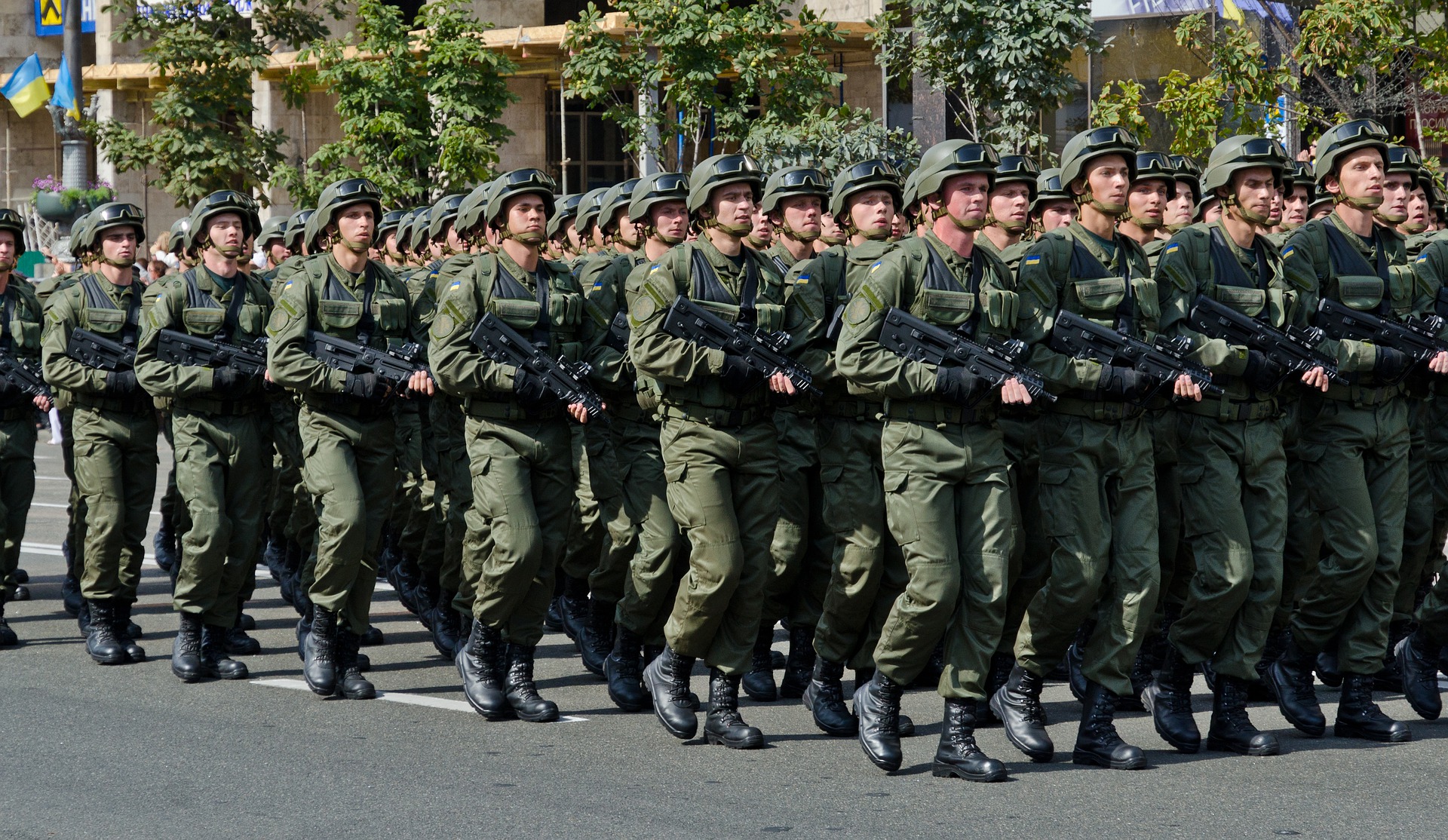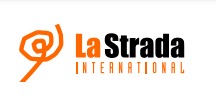
La Strada International calls for urgent measures to protect Ukrainians and other refugees
Statement
La Strada International – European NGO Platform against Trafficking in Human Beings – is gravely concerned about the Russian invasion of Ukraine and the situation of our colleagues of La Strada Ukraine. We worry about the destruction of the country, the safety and wellbeing of people living in Ukraine, and the possible exploitation and abuse of many displaced persons within and outside Ukraine.
As civil society, we are facing many challenges while trying to support people’s urgent needs, both in Ukraine and in neighbouring countries. Services in Ukraine continue where possible, including the dissemination of information and advice on safety measures to vulnerable groups. La Strada Ukraine is receiving a lot of requests and questions on possibilities for evacuation and how to escape; stay safe, keep children safe as well as questions about the situation in destination countries.
Together with La Strada Ukraine, our members disseminate information and raise awareness about exploitative practices and safety measures among those leaving Ukraine, including the need to keep valid documents and obtain more information about people who offer support, as well as information on trustworthy organisations that provide assistance. It is of the utmost importance that volunteers and all people working at the border and sheltering refugees are informed about safety measures and share this information.
Requests for information and support have increased considerably. This week, La Strada Poland extended its helpline services for Ukrainian refugees and also other members have taken measures to be able to respond to all requests.
Since the beginning of the war, our members have provided support for the relocation of vulnerable people, especially of family and loved ones of Ukrainian victims of human trafficking, we have been assisting from before the war. We are referring women and their children for further advice and support and are assisting those in vulnerable situations with shelter and support, based on our long term cooperation with other networks and support structures. 1
Human trafficking, (sexual) exploitation, violence and abuse
Based on over 25 years of experience in countering human trafficking, we know that conflict and post-conflict contexts create situations where refugees are vulnerable for exploitation and abuse. History has repeatedly demonstrated that conflict and war increase the risks of gender-based violence, rape, abuse, and severe forms of exploitation, including forced labour and human trafficking.
La Strada Ukraine has received reports of sexual harassment, violence against women and rape – in particular by russian troops in the occupied territories, where support organisations or authorities cannot provide any services – as well as in places where women and children are hiding, like basements or metro stations. Reports have also been received about unaccompanied children crossing the borders alone, without much information about who is collecting them or taking care of them, as well as reports of missing children.
From civil society colleagues [1] who work in the Western part of Ukraine, arranging shelters for women and children and assisting in the further evacuation of people to other countries, we learnt that most women do not speak foreign languages, and are extremely disoriented and in urgent need of psychological support, which makes them very vulnerable.
We know from La Strada Ukraine and our members from other European countries that there have been cases of men approaching women with offers of transport, a place to stay, or other services, for which the women had to pay money or provide other services. Our member KOK in Germany reported the first case of Ukrainian women who were brought to a brothel to perform sex work without their consent. We have also been informed that the Polish police has interrogated and arrested people on the suspicion of human trafficking and/or the intention to exploit others.
It is well acknowledged that lack of migration possibilities creates more vulnerability and trafficking and exploitation increase when there is discrimination and exclusion at borders. We are aware that people of colour and people without documents have been refused passage at borders. Denying regular avenues of entry to those seeking safety increases the risk of trafficking, exploitation, and abuse. Restrictive border control policies and the lack of legal alternatives for onward movement play into the hands of unscrupulous migrant smugglers, who use this opportunity to also perpetuate trafficking and other forms of exploitation, taking advantage of people’s vulnerable situation.
People fleeing Ukraine should be admitted without discrimination on any grounds, and it is vital that the borders remain open to all those fleeing the war, irrespective of their nationality, race or religion, in order to avoid situations where those fleeing have to resort to irregular ways to find safety.
The movement of several million people from Ukraine to surrounding countries in such a short period of time has posed a significant logistical challenge for authorities and others including civil society actors trying to coordinate actions and provide accommodation and information. We know that in times like this, chaos is also created by the numerous – mostly well intended – initiatives by individuals, volunteers and civil society actors, who offer support, housing and transport to persons in need.
We warn people fleeing from Ukraine about risks and recommend them to carefully inform themselves and not to automatically accept these offers, as it is difficult to judge people’s intentions. Moreover, we call upon all those volunteers and initiative takers to ensure safety measures are in place and not to act alone, but to work closely in cooperation with governmental and other existing referral structures to allow for better coordination and to ensure that people they support have access to information and national support structures.
Reducing Harm
The European Union adopted an implementing decision introducing temporary protection for all those fleeing Ukraine because of the war, with the aim of providing an immediate and collective protection to displaced people who are not in a position to return to their country of origin. The objective was to alleviate pressure on national asylum systems and to allow displaced persons to enjoy harmonised rights across the EU. These rights include residence, access to the labour market and housing, medical assistance, and access to education for children. This decision can certainly reduce the risks of human trafficking, as the lack of access to residence and employment makes people generally more vulnerable.
All EU Member States need to implement this directive swiftly, including the provision of adequate housing and access to safety, protection, and employment to all. We know from our daily work that appropriate implementation of policy measures and legislation is often lagging behind. We demand that EU governments share their responsibility and support Ukraine’s neighbouring countries – who now receive most refugees – with funding and relocation.
We are aware that there are Ukrainian and other refugees who do not fall under this new temporary regulation. This is because they left the country earlier, cannot prove their Ukrainian nationality, stay in non EU countries, have no papers, or because they face discrimination due to their race, ethnicity or status. We also know that many other refugees arriving in the EU from other countries continue to lack protection and access to rights. These other refugees are also very vulnerable for exploitation and abuse, including human trafficking.
Many migrant workers in Europe work without adequate protection or decent minimum wage. It is especially now, very important that decent working conditions are promoted and adequate monitoring is in place to ensure that labour rights are applied to all workers, without discrimination, and irrespective of their migration and residence status.
To tackle all severe forms of (labour) exploitation, including human trafficking and forced labour, we recommend:
- Governments to ensure the establishment of well-coordinated actions and safety routes – including by actively organising direct transport for Ukrainian refugees to other EU or EFTA countries from Moldova, Poland, Romania and other countries – as well as access to international protection and resettlement.
- Governments to ensure assistance and support to all refugees including access to safe shelters, transportation, housing and other assistance.
- Governments to provide humanitarian assistance, including food, sanitary, relocation and other support for those still in Ukraine.
- Governments, in particular border police and front line officers, as well as civil society actors, to ensure the provision of information about rights, available services and safety risks to all those who cross European borders, as well as information on national legislation, housing, employment and residence to those trying to resettle.
- Labour inspectorates and those supporting employment for refugees to ensure careful monitoring of situations of exploitation and abuse of migrants, including in relation to (online and direct) recruitment and employment offers to those with and without access to the labour market.
- Governments to ensure that labour laws are not violated and that Ukrainians and others allowed to work are not used as cheap labourers, but have access to decent work.
- Volunteers and other initiative takers not to act alone, but to work closely in cooperation with governmental and other existing referral structures, to allow for better coordination and prevent human trafficking and exploitation.
- Governments and donors to provide support for civil society actors that support refugees and other migrants, including for helplines, shelters and other support services.

For more information contact La Strada International
Contacts of our member organisations can be found here
Information materials developed by our members and others are shared here
La Strada International has launched an emergency fund to support La Strada Ukraine. Donations are welcome.
